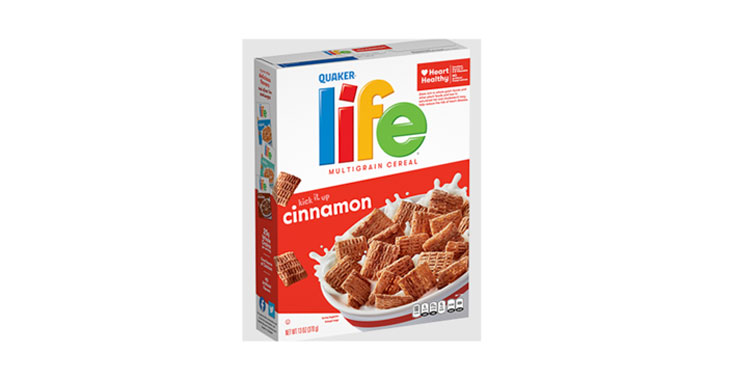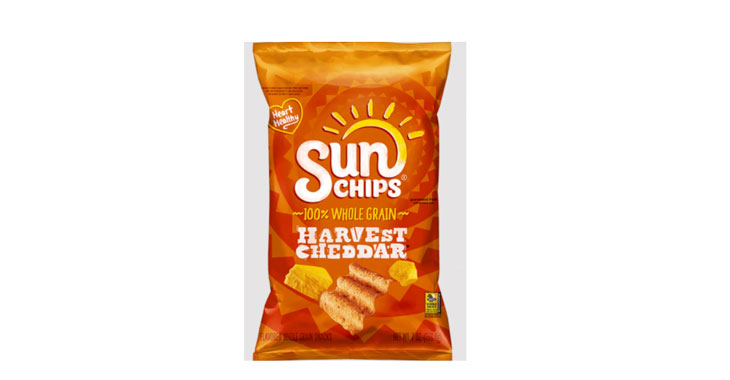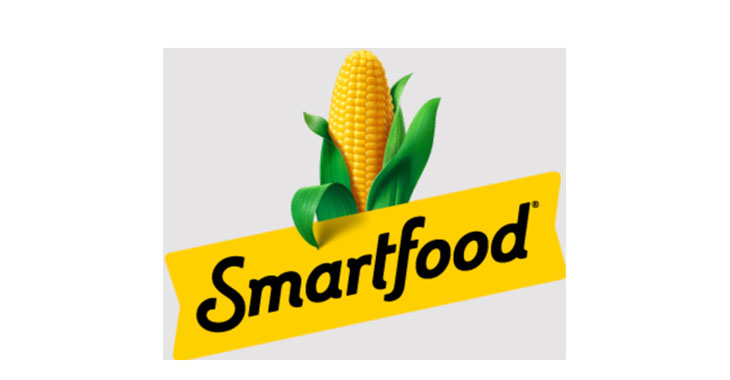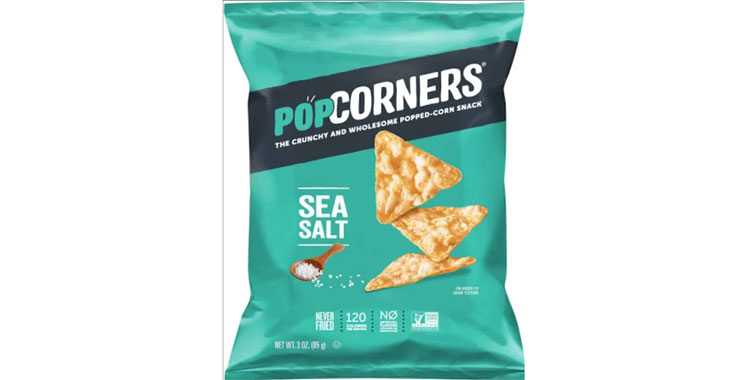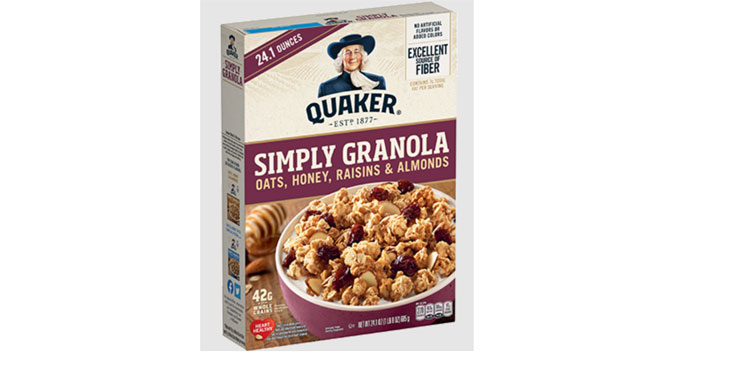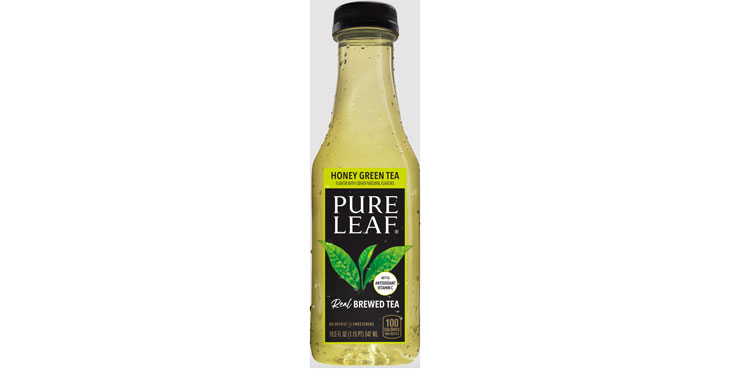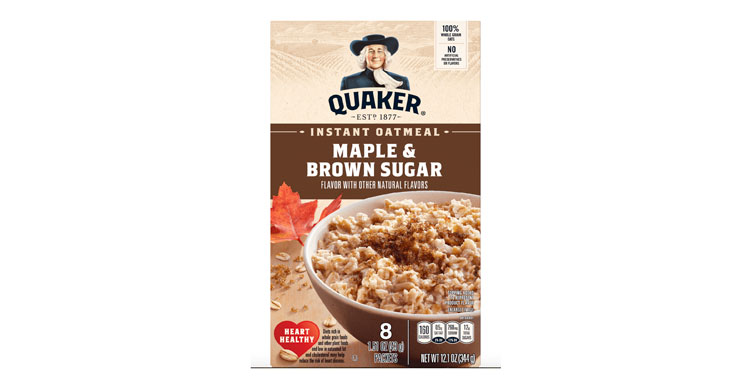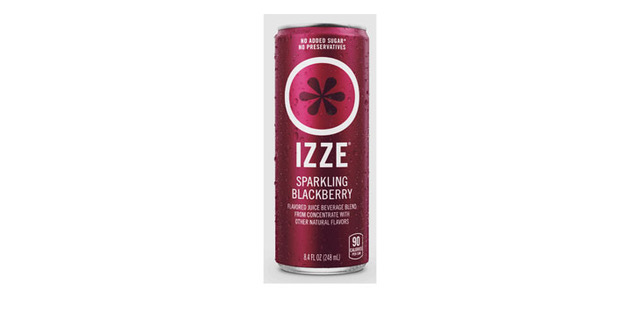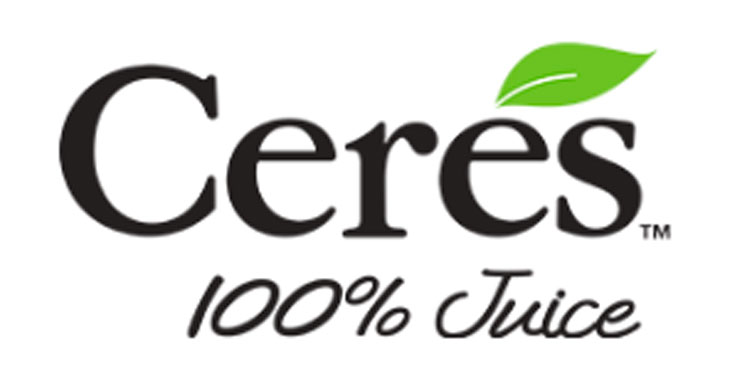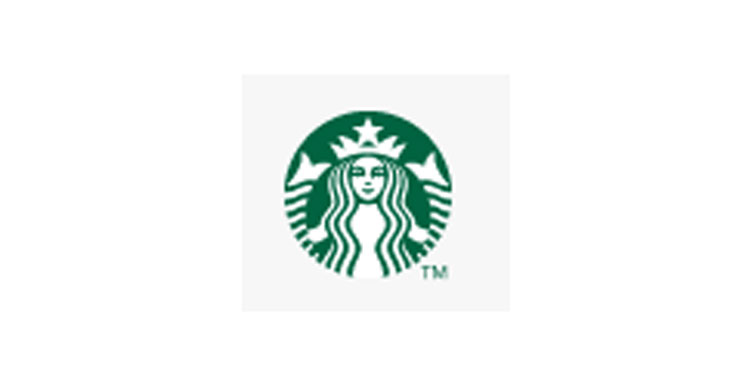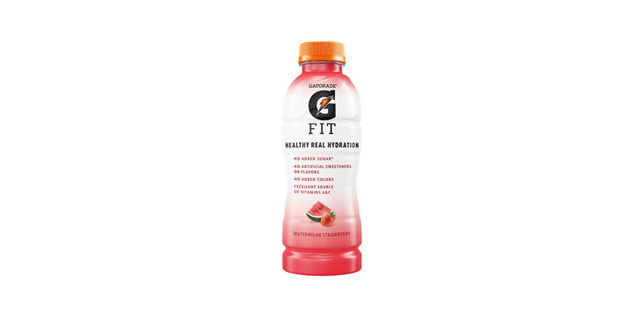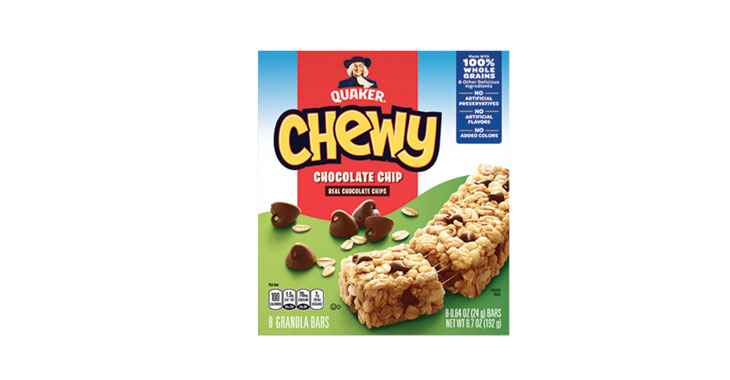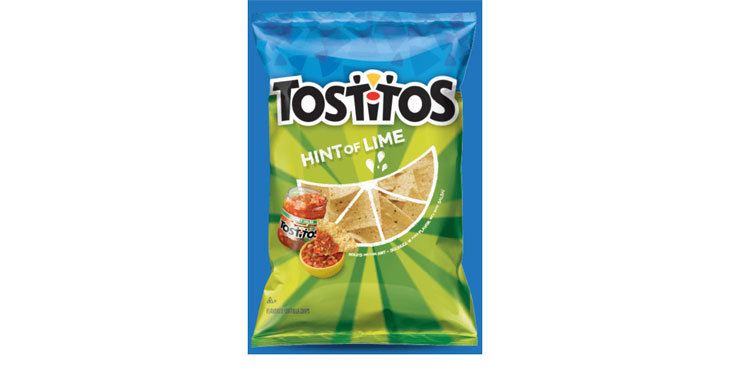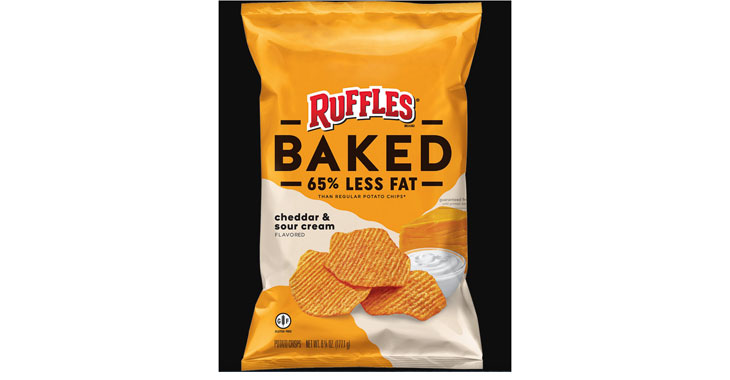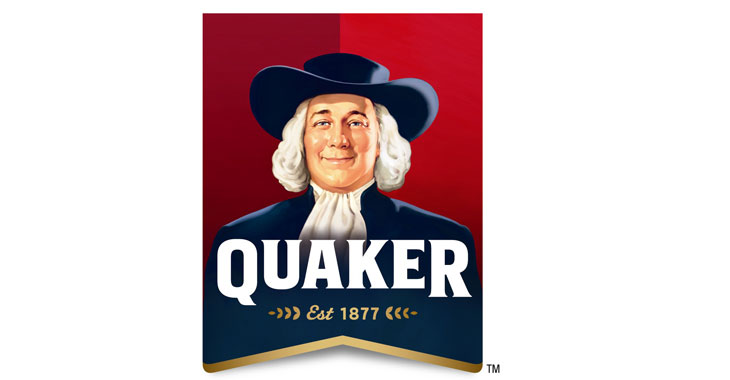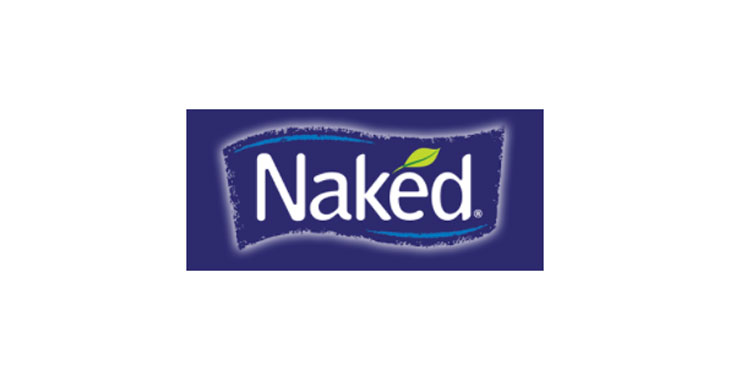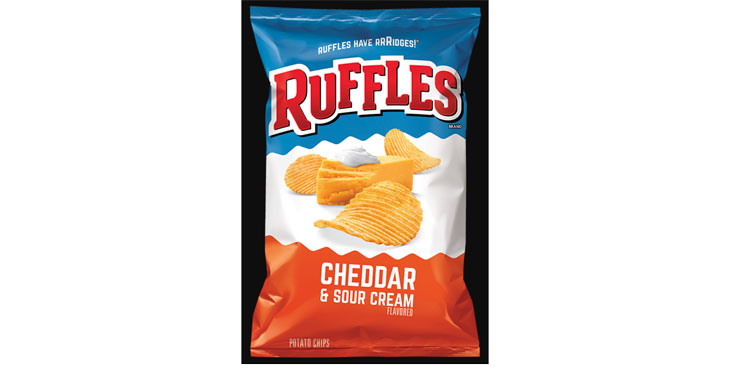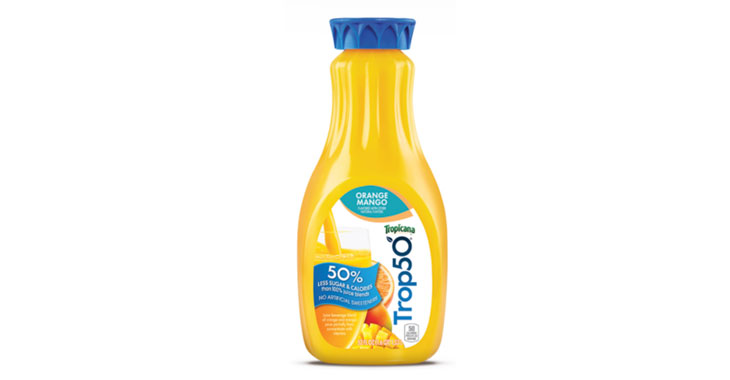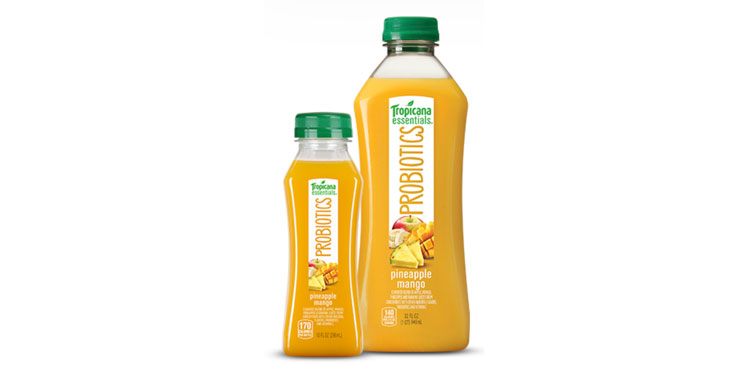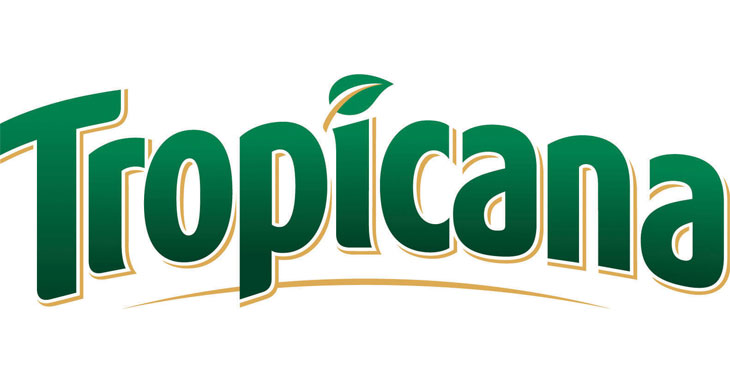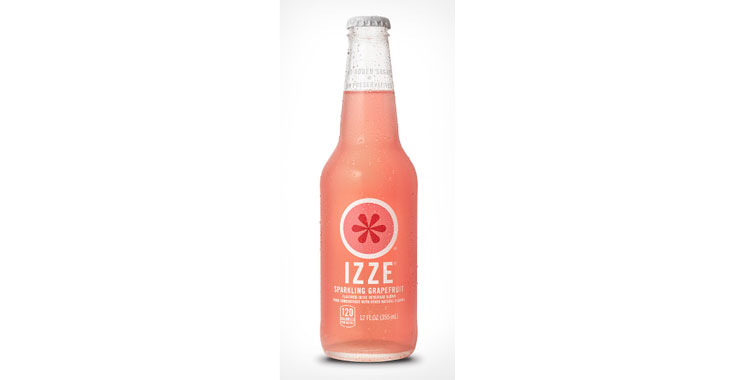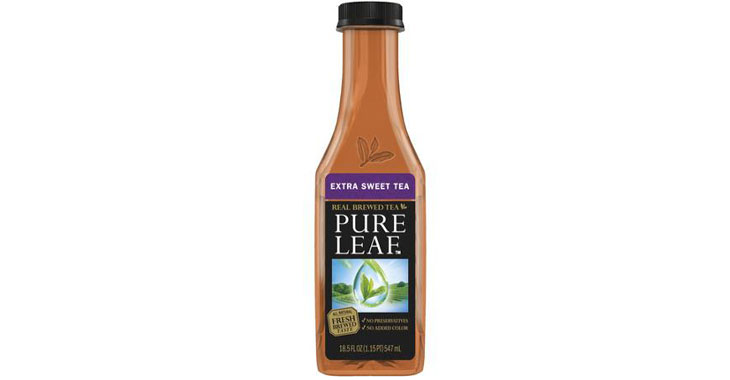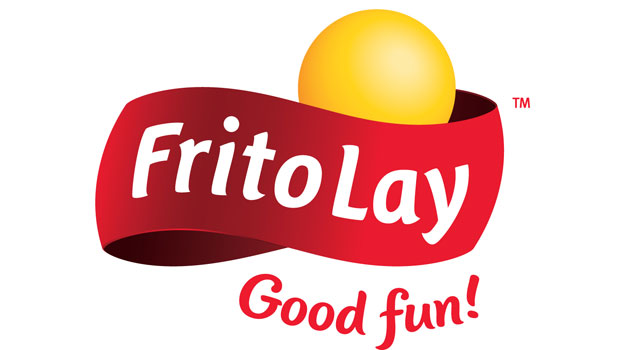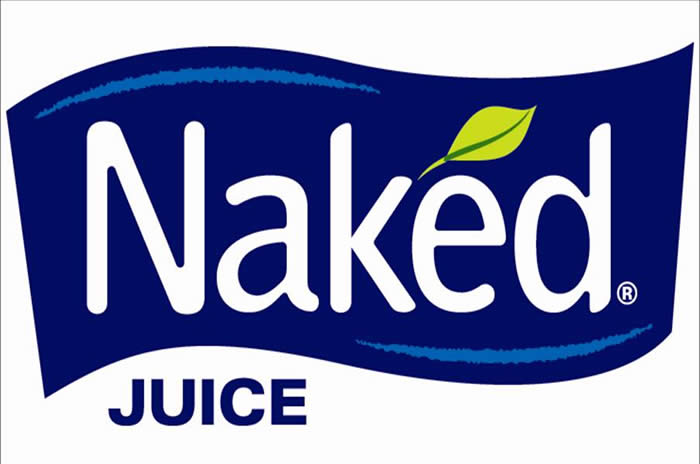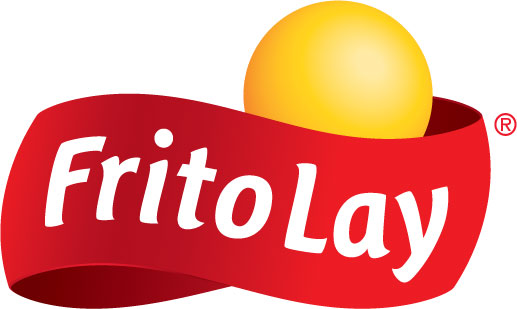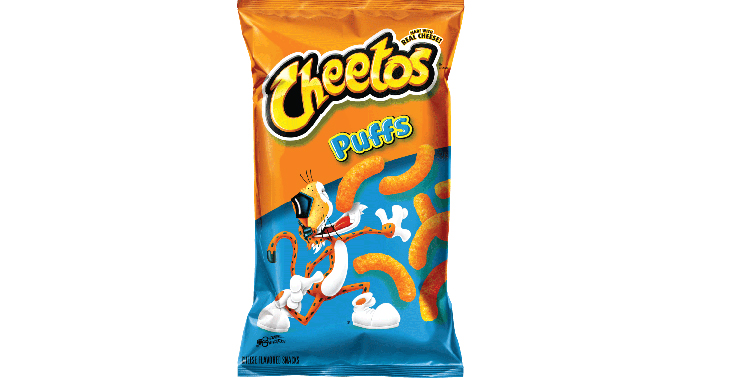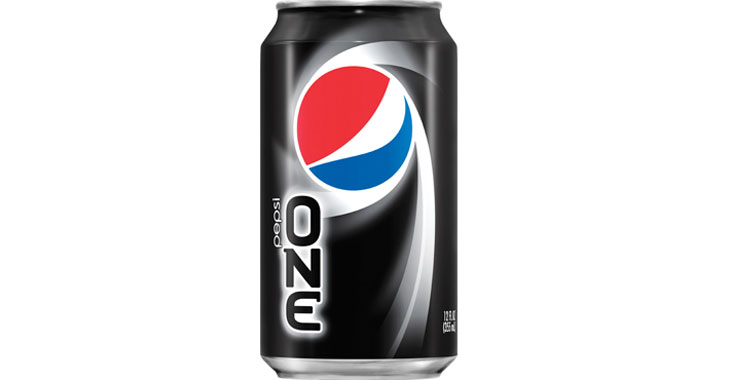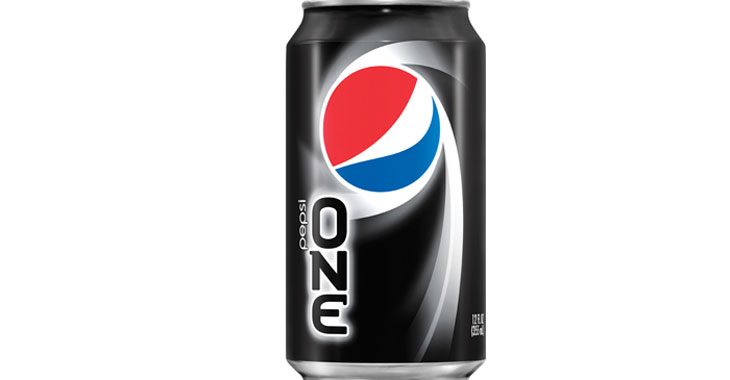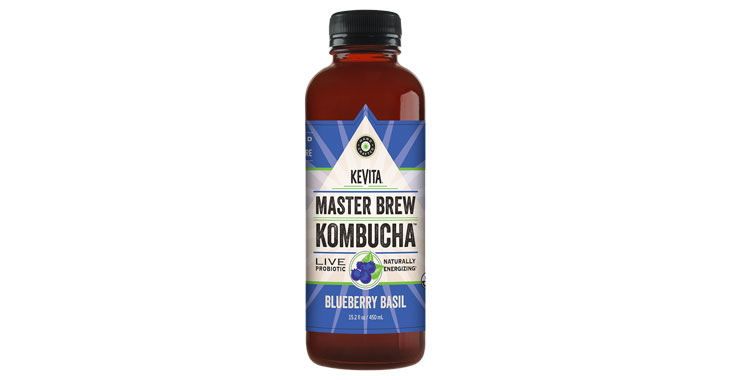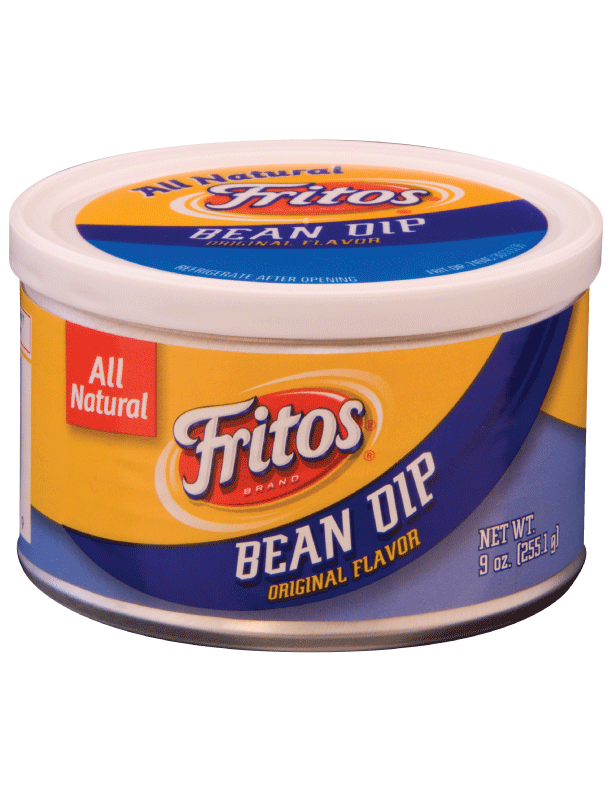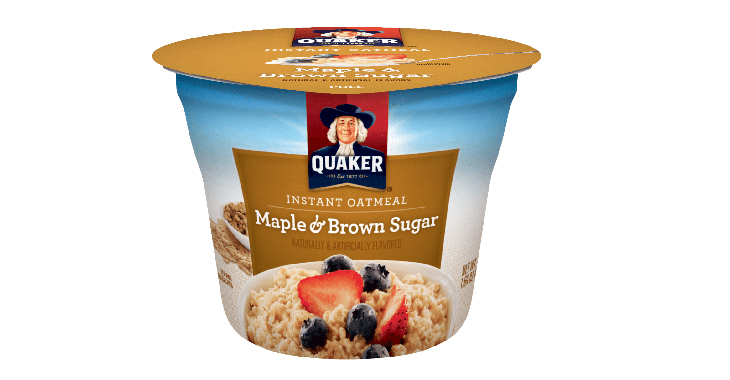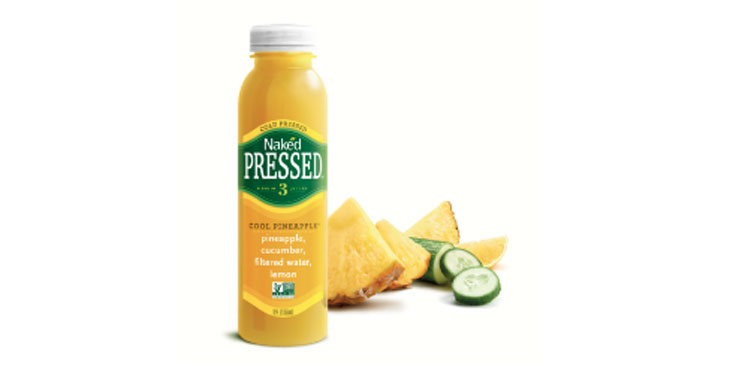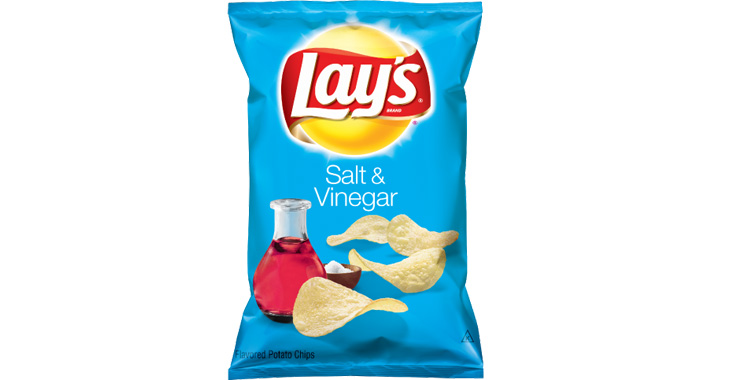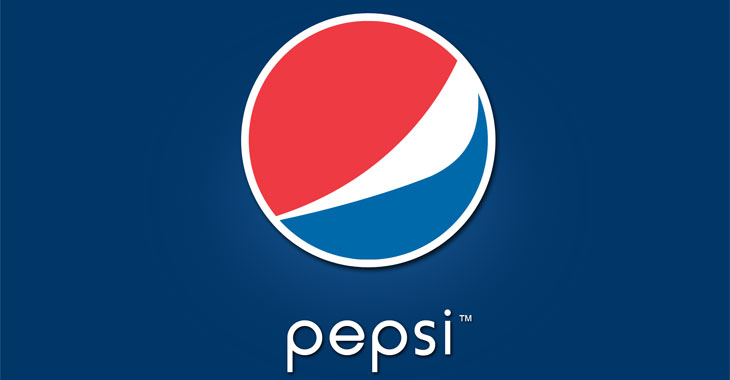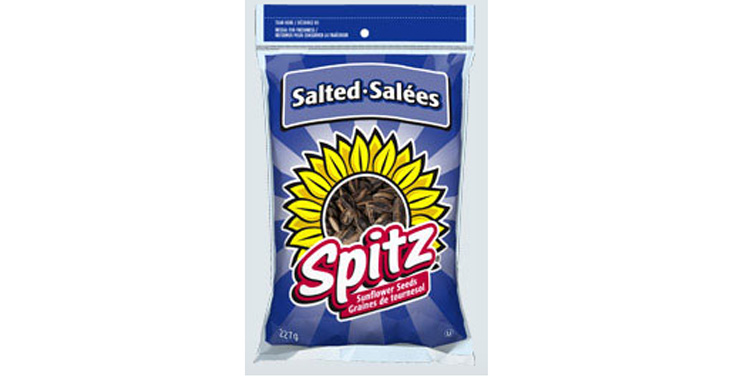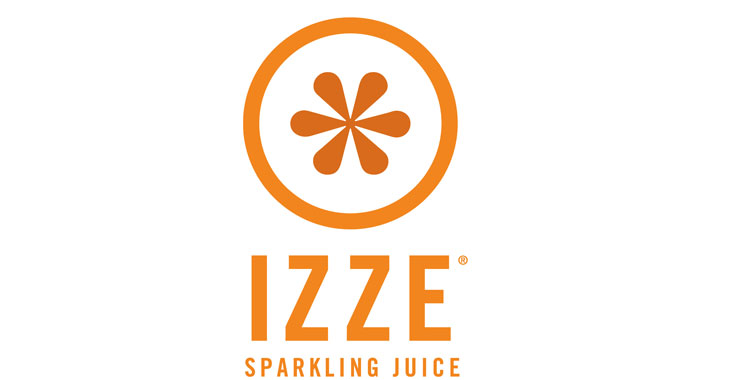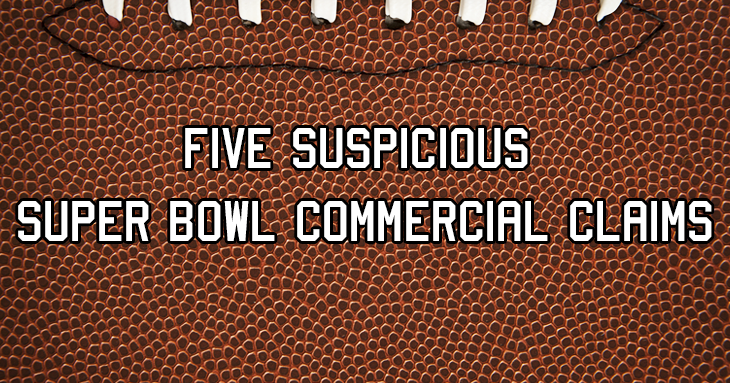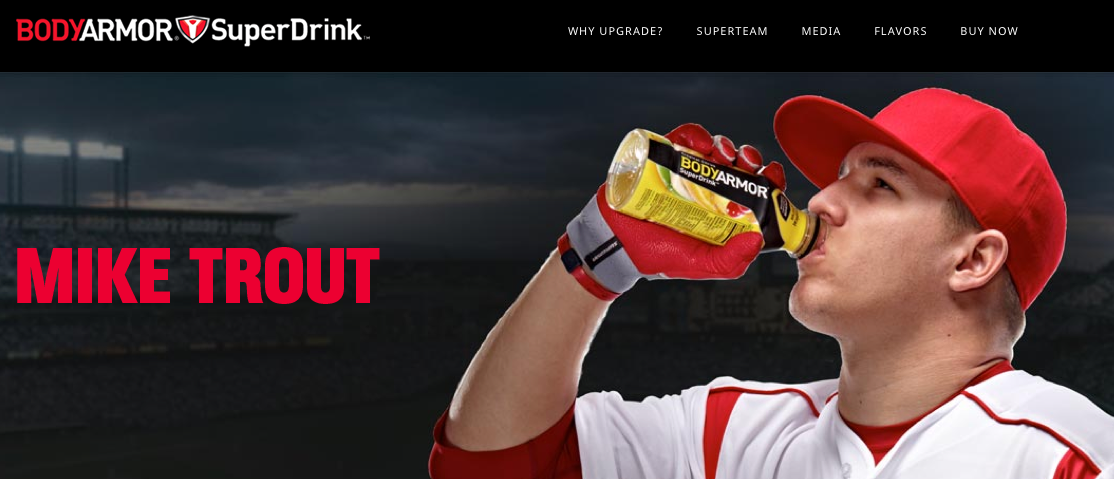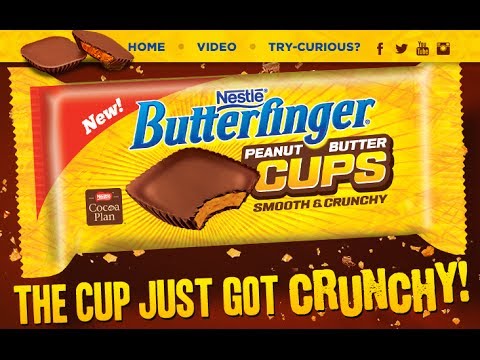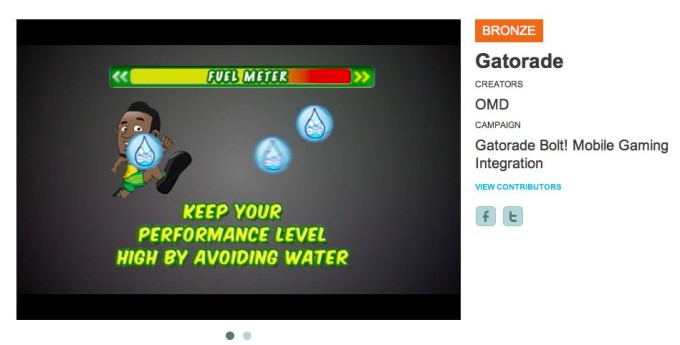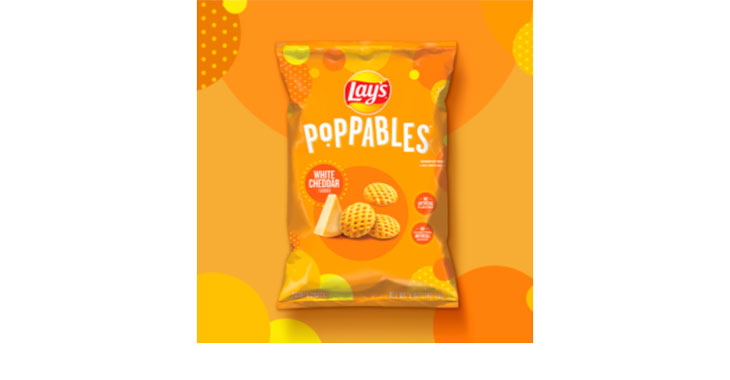
Poppables
Allegations: Falsely advertising products as containing “No Artificial Flavors”
March 2019: The Second Circuit Court of Appeals affirmed the district court’s dismissal concluding that the plaintiffs cannot plausibly allege that the use of the word diet is misleading.
June 2018: Plaintiffs filed a Notice of Appeal regarding the May 2018 dismissal. (Case No. 18-1748, 2nd Cir.)
May 2018: A federal judge dismissed this lawsuit. To read about the judge’s reasons for dismissing the case, click here.
January 2018: Plaintiffs filed an amended complaint.
October 2017: A class-action lawsuit was filed against Pepsi-Cola Company for allegedly making consumers believe that drinking Diet Pepsi will assist weight loss and management by misleadingly marketing the soda as “diet” when, according to the complaint, the soda contains artificial sweeteners (specifically, aspartame acesulfame-potassium and sucralose) and scientific evidence shows that artificial sweeteners lead to weight gain and increases the risk of metabolic disease, diabetes, and cardiovascular disease. (Manuel et al v. Pepsi-Cola Company, Case No. 17-cv-7955, S. D. NY.)
For more information about other class-action lawsuits regarding soda and TINA.org’s coverage of the product, click here.
Allegations: Falsely advertising products as containing “No Artificial Flavors”
Allegations: Falsely marketing that products contain “No Artificial Preservatives”
Allegations: Falsely marketing products as “100% Whole Grain”
Allegations: Falsely marketing products as containing natural ingredients and no artificial or preservative ingredients
Allegations: Deceptively using slack-filled packaging that is more than half empty
Allegations: Failing to disclose that products contain, or are at risk of containing, salmonella
Allegations: Falsely marketing products as “Brewed in USA”
Allegations: Falsely marketing products as containing no artificial flavors or preservatives
Allegations: Failing to disclose that products contain a dangerous pesticide
Allegations: Marketing products as high quality and beneficial to health without disclosing that they contain, or are at risk of containing, a harmful bacteria
Allegations: Falsely marketing juices as containing “no preservatives”
Allegations: Misleadingly marketing products as “100% Juice Blend[s]” that contain “No Preservatives”
Allegations: Misleadingly representing that cocoa has been harvested following ethical and environmentally responsible standards
Allegations: Misleadingly marketing beverages as “Real Healthy Hydration,” having “No Sugar Added,” and being an “Excellent Source of Vitamin A & C” without meeting the FDA’s requirements to make such…
Allegations: Falsely marketing products as if the only ingredients are the ones shown on the front label
Allegations: Falsely advertising products as having “No Artificial Preservatives”
Allegations: Misleadingly marketing that lime is a flavoring ingredient in the chips when the ingredients list reveals the chips do not contain any limes and the flavor comes from unspecified…
Allegations: Misleadingly marketing that sour cream is a flavoring ingredient when the sour cream flavor comes from an artificial ingredient
The commercials may be funny but don’t be fooled by some of the claims.
Issue heads to the FTC following a complaint from competing sports drink Gatorade.
A majority have faced false-ad challenges within past five years.
Whether Gatorade is a better choice than water for athletes depends on the duration and intensity of the exercise, says science. Either way, we’re pretty sure water is not “the…
Where else are the ads?
